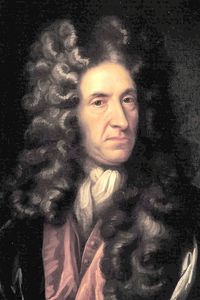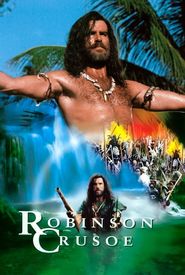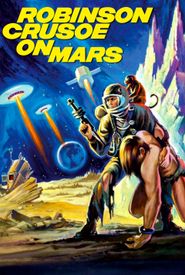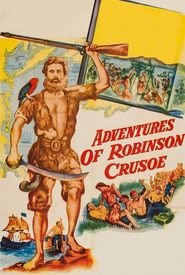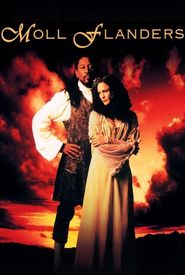Born to James and Mary Defoe, the eldest son and third child, Daniel Defoe received a very good education, as his father had envisioned him to become a Presbyterian minister, but he made a bold decision to abandon this path and pursue a career in merchant trade instead.
In 1684, Defoe joined the army of the rebellious Duke of Monmouth, hoping to make a name for himself in the tumultuous world of 17th-century politics. However, when the rebellion ultimately failed, Defoe was forced to flee and live in semi-exile, his reputation tarnished and his future uncertain.
The financial struggles that followed would have broken a lesser man, but Defoe persevered, and in 1692, he went bankrupt. Yet, this setback proved to be a blessing in disguise, as it led him to discover his true calling as a writer. With a newfound sense of purpose, Defoe began writing professionally, churning out a satirical pamphlet in 1703 called "The Shortest Way with the Dissenters", which, although it earned him a pillorying, also showcased his mastery of the written word.
After a stint in Newgate prison and more troubles with his bankruptcy, Defoe rebounded with a vengeance, penning two of his most famous works, "Robinson Crusoe" and "Moll Flanders", both of which were met with widespread acclaim. Labeled a social historian for his fascination with colonization, economics, and exploration, Defoe continued to write until his death from a lethargy in Cripplegate on April 24, 1731, leaving behind a legacy that would endure for centuries to come.
